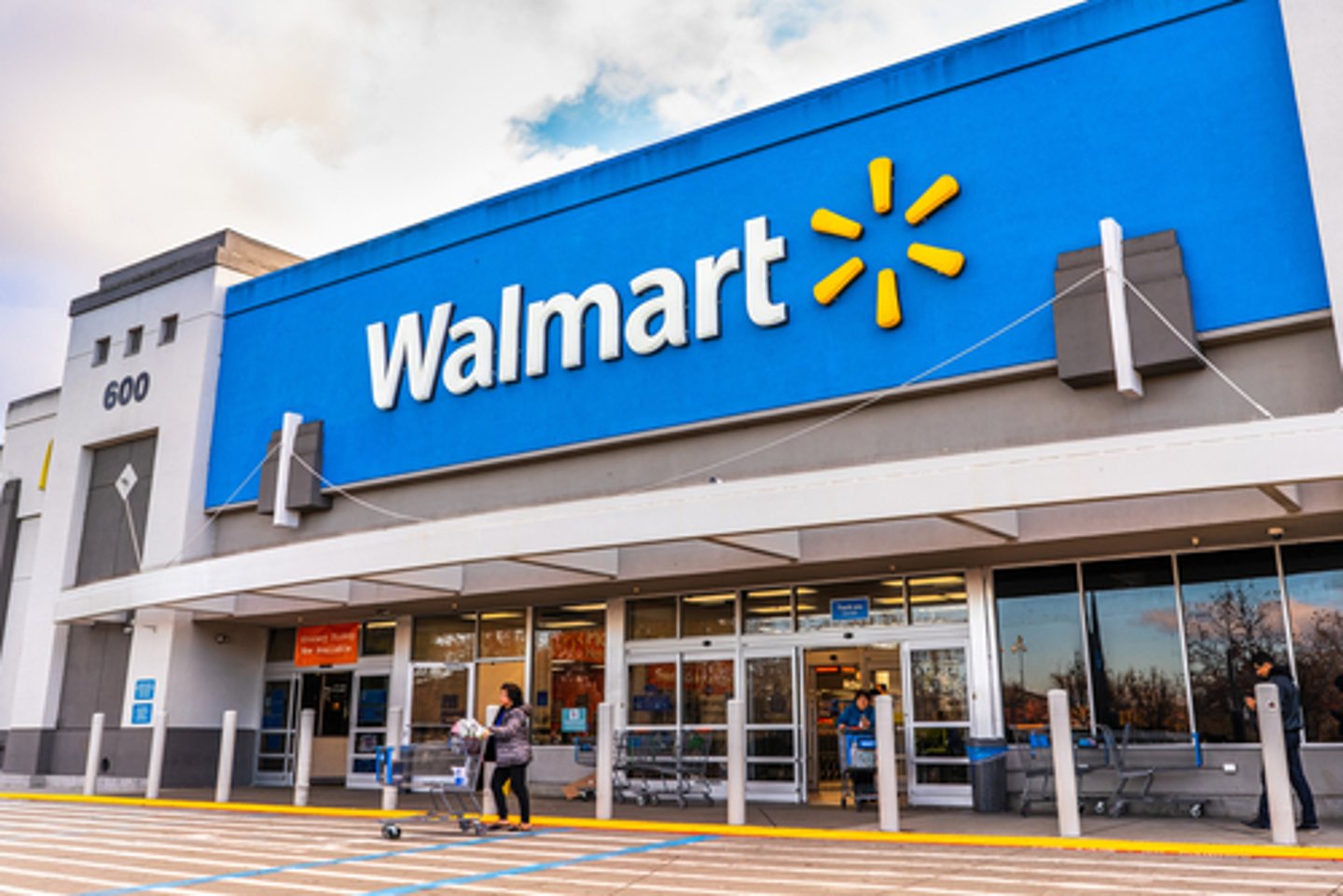Walmart Sees Continued Shift to Private Label
As consumers look to stretch their budgets, Walmart officials said the retailer is “well-positioned” to meet the needs of shoppers and its private label assortment is playing a major role.
In announcing third quarter results, which included a comparable store increase of 8.2% in U.S. stores, John David Rainey, Walmart’s executive vice president and chief financial officer, said the retailer continues to manage pricing in a way that preserves price gaps while gaining market share profitably.
“We’ve continued to gain grocery market share from households across income demographics, with nearly three-quarters of the share gain coming from those exceeding $100,000 in annual income,” he said during a conference call to review quarterly results. “This quarter, our private brand penetration in food categories increased, reflecting customers’ increased focus on quality products at value prices.”
Rainey said Walmart has seen incremental trade down in several categories including proteins, baking goods, baby food and dog food.
John Furner, president and CEO of Walmart U.S., noted the shift in demand to private label products by its shoppers began in March of this year and reversed a trend of relatively flat own brand penetration over the prior three years. He said the last significant period of growth for private label products dates back about 13 years ago.
“We positioned ourselves in terms of merchandising in our portfolio and with the channels by which we serve customers in a very flexible way we can help customers in whatever economic situation that they're in, and we'll be ready for the rest of the year,” he said. “And we've been pretty open over the years that we don't necessarily manage private brand to a specific target, but what we do in private brand is develop great quality items and great values.”
Walmart in the third quarter reported company-wide revenue of $152.8 billion, an increase of 8.7% when compared to the comparable quarter in 2021. By segment, U.S. Walmart stores grew 8.5% to $104.8 billion, Walmart International sales were up 7.1% to $25.3 billion and Sam’s Club sales grew 12.8% to $21.4 billion.


